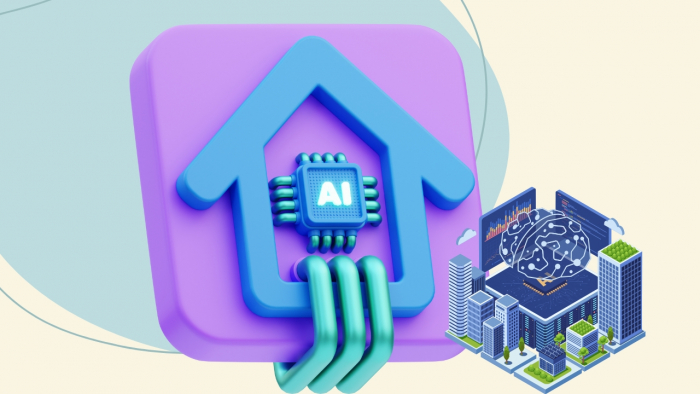Table of Content
Time is the one thing developers can never get enough of. Between debugging, writing new features, and pushing code to production, productivity often determines how successful a project becomes. But what tools do developers actually rely on to stay efficient, focused, and stress-free? After researching industry surveys, community discussions, and developer case studies, I put together a list of ten productivity tools that developers truly swear by.
1. Visual Studio Code (VS Code)
Why is VS Code always at the top of developer tool lists? Because it’s lightweight, customizable, and packed with extensions. GitHub’s 2024 survey showed that over 74% of developers use VS Code as their primary editor.
Pros: Free, huge marketplace of extensions, integrated Git support.
Cons: Can become slow if overloaded with extensions.
Pricing: Completely free.
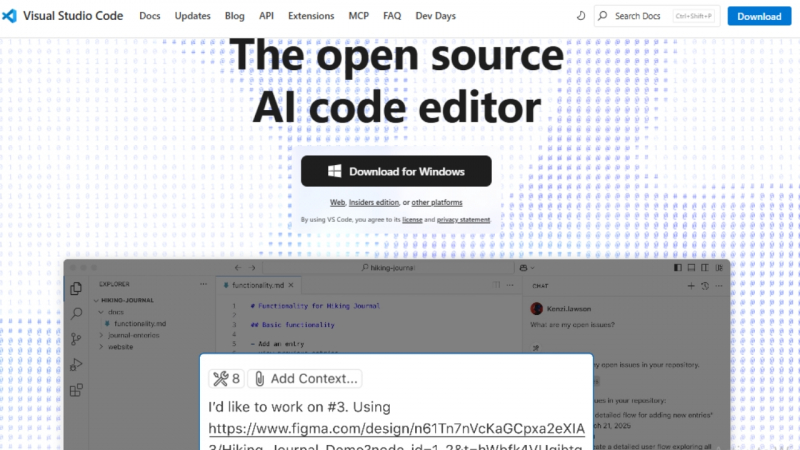
2. Git & GitHub
Version control is non-negotiable. Git allows developers to manage code history, while GitHub simplifies collaboration. With over 100 million developers using GitHub in 2024, it’s safe to say that no productivity stack is complete without it.
Pros: Essential for collaboration, branching, and CI/CD pipelines.
Cons: It can feel overwhelming for beginners with complex workflows.
Pricing: Free for public repos; paid plans start at $4 per user/month.
3. Docker
Setting up environments can take hours. Docker eliminates the hassle by creating containerized environments that work everywhere. According to a 2023 Stack Overflow survey, over 53% of developers use Docker to streamline deployments and testing.
Pros: Works across environments, speeds up deployment.
Cons: Steep learning curve for beginners.
Pricing: Free for individuals; Pro plans start at $5/month.
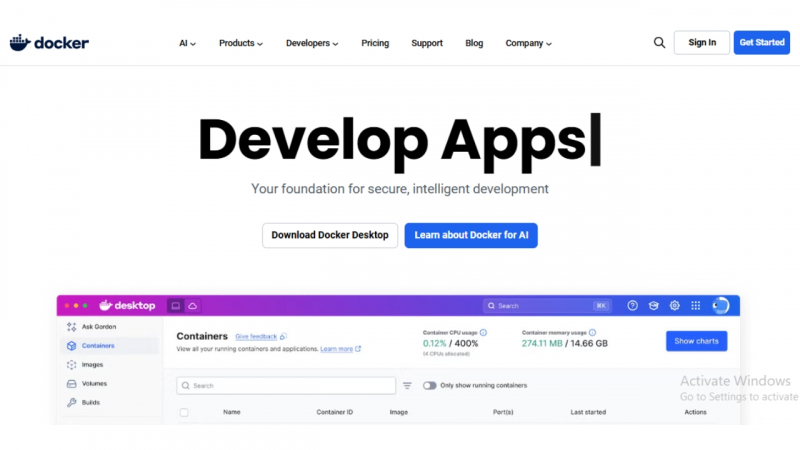
4. Postman
API testing without Postman feels like running blind. This tool makes sending requests, debugging responses, and documenting APIs effortless. Over 25 million developers use Postman, making it the most popular API collaboration tool.
Pros: Excellent collaboration, automated testing, and documentation.
Cons: Can feel heavy for simple API calls.
Pricing: Free tier available; paid plans start at $12/month.
_1757412719.jpg)
5. Notion
Developers don’t just write code—they plan sprints, take notes, and organize workflows. Notion serves as a central hub for project management. In 2024, it became the fastest-growing productivity tool, thanks to its integrations with GitHub, Jira, and Slack.
Pros: Flexible, integrates well with developer workflows.
Cons: Can become cluttered with too much data.
Pricing: Free personal plan; Team plans start at $8 per user/month.
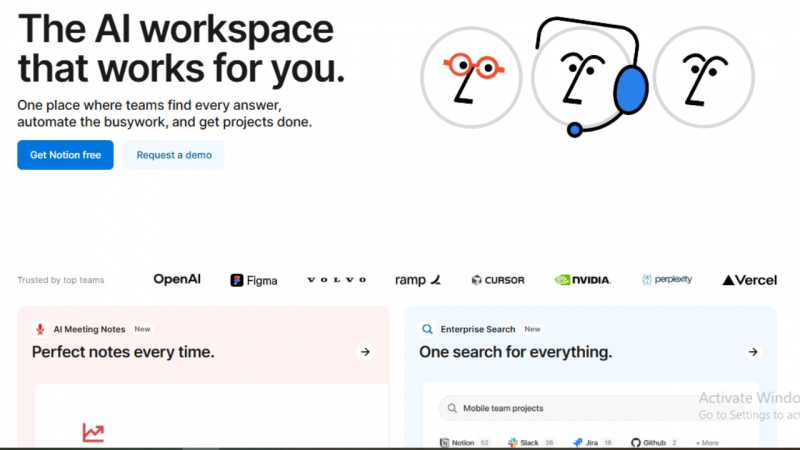
6. Slack
Communication is the backbone of productivity. Slack enables instant messaging, integrations with GitHub Actions, and bot automation. A McKinsey report showed that teams using real-time chat tools like Slack improved productivity by up to 25%.
Pros: Real-time communication, wide integration ecosystem.
Cons: Can become distracting if not managed properly.
Pricing: Free tier; Pro plan starts at $7.25 per user/month.
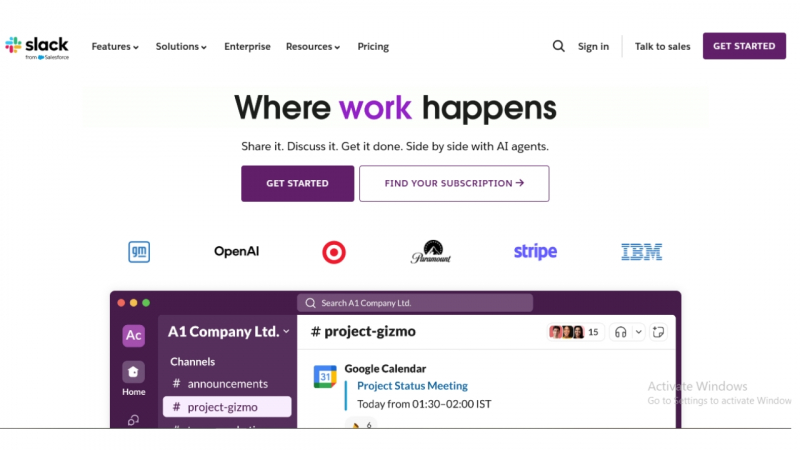
7. Trello
Agile teams need visual task tracking. Trello’s card-based system makes sprint planning intuitive. According to Atlassian, teams using Trello report 21% faster project delivery.
Pros: Simple and easy-to-use UI.
Cons: Limited for large projects compared to Jira.
Pricing: Free basic plan; Standard starts at $5 per user/month.
8. Jira
While Trello is great for small teams, larger organizations swear by Jira. It’s powerful for backlog management, sprint tracking, and bug resolution. Over 65,000 companies worldwide use Jira.
Pros: Robust for large teams, integrates with DevOps pipelines.
Cons: Steep learning curve and heavy setup.
Pricing: Free for small teams; Standard starts at $8.15 per user/month.
9. Figma
Design and development often clash, but Figma bridges the gap. With over 200,000 teams using Figma, developers can collaborate with designers in real time.
Pros: Real-time collaboration, great for design-to-code handoff.
Cons: Requires an internet connection; limited offline features.
Pricing: Free starter plan; Professional starts at $12 per editor/month.
10. Todoist
Sometimes the simplest tool makes the biggest difference. Todoist helps developers manage personal tasks, from fixing bugs to scheduling meetings. In 2024, it ranked among the top productivity apps globally.
Pros: Simple UI, recurring tasks, natural language input.
Cons: Limited project management compared to Notion or Trello.
Pricing: Free tier available; Pro plan starts at $4/month.
FAQs for Developers Choosing Productivity Tools
1. How do I choose the right productivity tool?
Start with your workflow needs. If you’re a solo developer, simple tools like Todoist and Trello may be enough. Larger teams benefit more from integrated solutions like Jira, Slack, and GitHub.
2. Should beginners start with these tools?
Yes, but go step by step. Beginners should start with VS Code for coding, GitHub for version control, and Trello for simple project tracking. These tools are free and have beginner-friendly tutorials.
3. Are free versions enough, or do I need paid plans?
Most tools on this list offer generous free plans. Paid versions are usually needed for advanced collaboration (e.g., larger teams, advanced analytics, or unlimited projects). If you’re just starting, the free tiers are usually more than enough.
4. How do I avoid tool overload?
Pick only what you’ll use daily. Many beginners make the mistake of installing everything at once. Start with 2–3 essentials, then expand as your workflow demands.
5. Which tools integrate best with each other?
Notion, Slack, and GitHub have deep integrations that keep workflows connected. For development + design, Figma integrates smoothly with Jira and Slack. Choosing tools that “talk” to each other saves time.
Final Thoughts
Every developer’s workflow is unique, but these ten tools consistently rank as essentials across teams and industries. From coding in VS Code to managing tasks in Notion or Jira, each tool reduces friction in the development process. Productivity isn’t about working harder—it’s about working smarter with the right stack.
If you had to pick just three, which ones would you never work without? For me, it’s VS Code, GitHub, and Notion.
Post Comment
Be the first to post comment!

